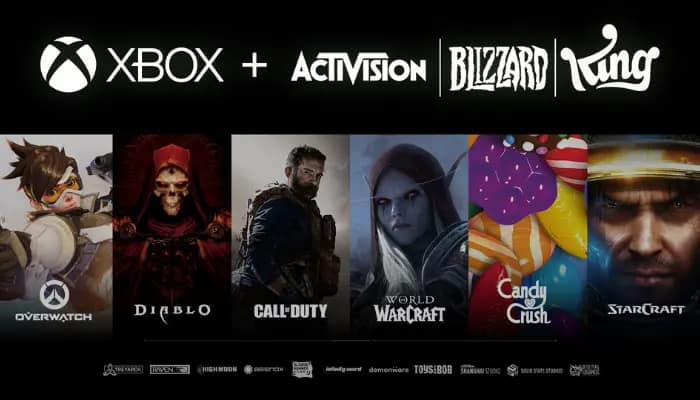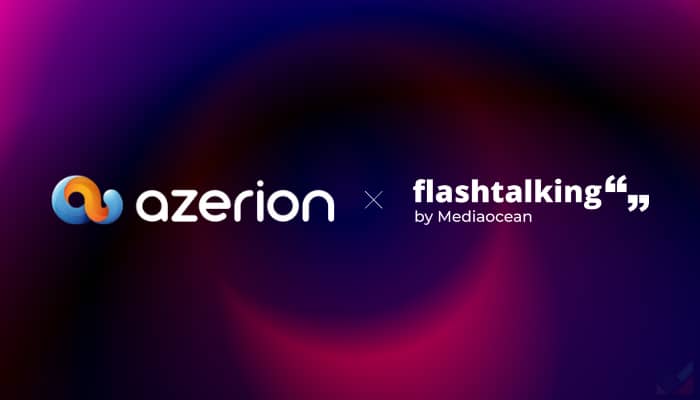USA – Tech giant Microsoft has finally acquired video game company Activision Blizzard for US$69b after finally being greenlit by regulators in the United Kingdom (UK). With this acquisition, game titles such as Call of Duty, World of Warcraft, Overwatch, and Candy Crush Saga will now be under Microsoft’s Xbox brand.
In a public statement by Phil Spencer, CEO at Microsoft Gaming, he said that they will be intentional about inclusion in everything they do at Xbox – from their team to the products they make and the stories they tell, to the way their players interact and engage as a wider gaming community.
“Together, we’ll create new worlds and stories, bring your favourite games to more places so more players can join in, and we’ll engage with and delight players in new, innovative ways in the places they love to play including mobile, cloud streaming and more,” he said.
He also added that they will also start the work to bring beloved Activision, Blizzard, and King franchises to Game Pass and other platforms. They will also share more about when customers can expect to play these games in the coming months.
“For the millions of fans who love Activision, Blizzard, and King games, we want you to know that today is a good day to play. You are the heart and soul of these franchises, and we are honoured to have you as part of our community. Whether you play on Xbox, PlayStation, Nintendo, PC or mobile, you are welcome here – and will remain welcome, even if Xbox isn’t where you play your favourite franchise. Because when everyone plays, we all win,” he added.
Microsoft’s plans to acquire Activision Blizzard first started in January 2022. The proposed merger was reviewed by many regulatory commissions worldwide, with early grants given by the European Commission and China’s State Administration for Market Regulation (SAMR).
Initially, United States’ Federal Trade Commission (FTC) and the UK’s Competition and Markets Authority (CMA) had challenged the merger before FTC backing out its challenge, with US courts saying it did not find their anti-trust compelling to block the merger.


















